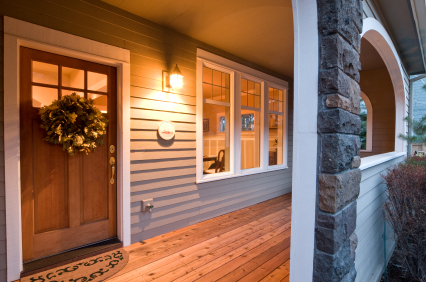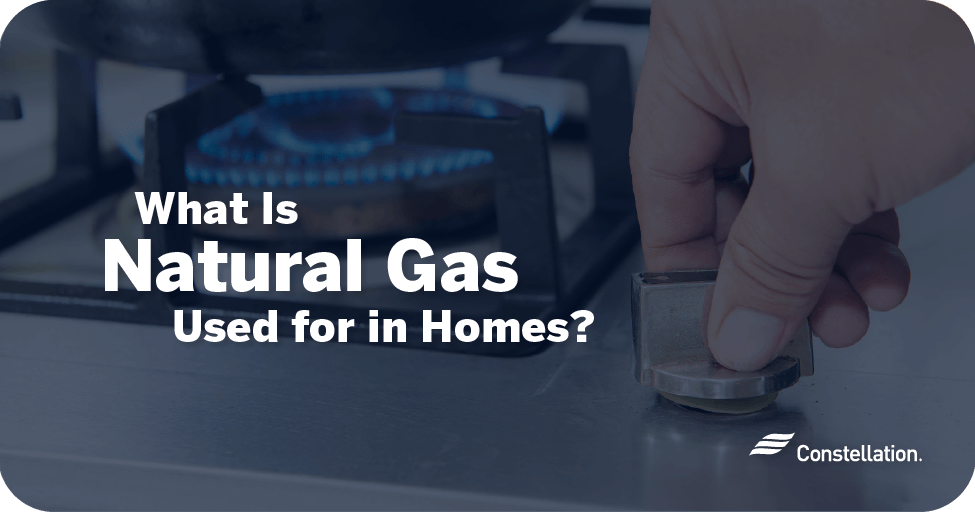
- Category:
Energy Efficiency - Published:
July 11, 2012 - Updated:
July 6, 2021
What does it mean to be energy efficient?

On average, EIA’s “Residential Energy Consumption Survey” released in early June showed that the average household consumed 90 million BTUs in 2009, continuing the downward trend in average residential energy consumption of the last 30 years.
The “super derecho” that raced from northern Indiana to the southern mid-Atlantic coast in late June, cutting power to millions, underscored just how dependent we are on energy and the fragility of the grid that supplies it.
Though we have no control over Mother Nature, we do have control over our own personal energy consumption and the costs we incur to power our homes, businesses, and cars. We can control the appliances we buy and the things we can do to place fewer burdens on the energy grid.
According to most definitions, energy efficiency means, “using less energy to provide the same service.” When you replace your old, leaky windows, you can save money and use less energy because the new windows do a better job of preventing heat from escaping in the winter and creeping in during the summer. Consequently, your furnace and air conditioner don’t have to work as hard or demand more juice from the power grid to keep you comfortable.
When you conserve, however, you forgo a service to save energy. You turn off a light; you turn off your air conditioner. Though no one is discouraging conservation, it’s easier for most to reduce consumption by becoming more efficient.
And it’s effective, too.
According to the U.S. Energy Information Administration (EIA), total residential energy consumption in the U.S. has remained relatively stable for many years, despite the growing number and size of American homes and increased use of televisions, computers, and other electronic devices. On average, EIA’s “Residential Energy Consumption Survey” released in early June showed that the average household consumed 90 million British thermal units in 2009, continuing the downward trend in average residential energy consumption of the last 30 years. The survey attributed the trend to more efficient furnaces, air conditioners, and major appliances, among other things.
Why is this so important? Energy is vital. Our entire standard of living is attributable in large measure to our increasingly more sophisticated use of energy. So why not use it more prudently? Energy efficiency is the cheapest and most plentiful form of new energy out there.
Over the coming weeks, we will offer tips on what you can do to further reduce your energy consumption, whether you’re at home, at the office, or driving your car. You also might want to download www.energysavers.gov/seasonal/pdfs/stay_cool-fs-energyinfo.pdf that lists reliable websites for determining how much energy costs in your community and how much people use.




